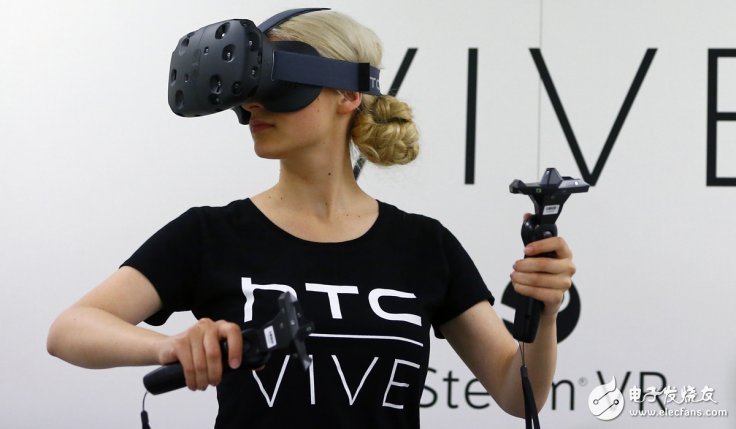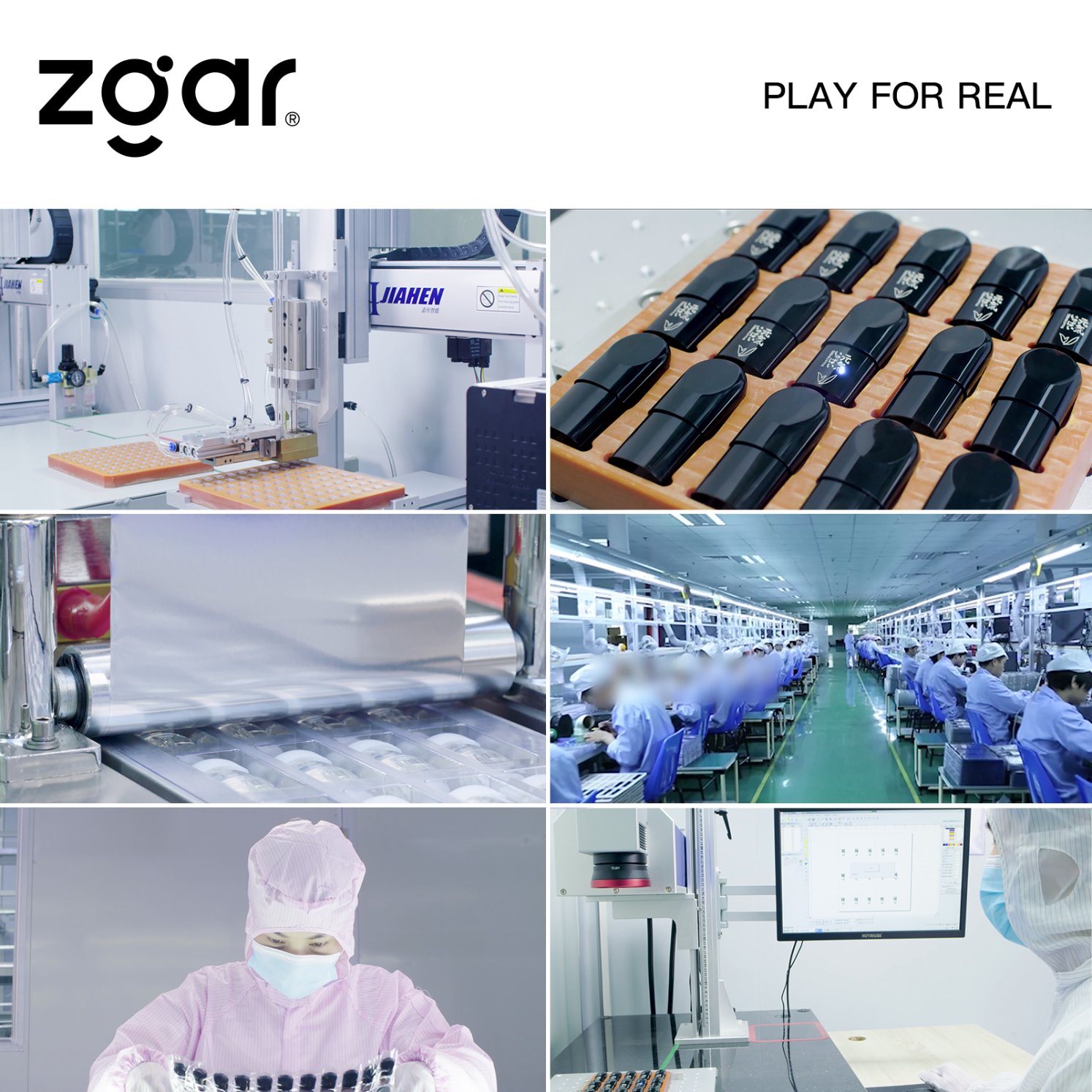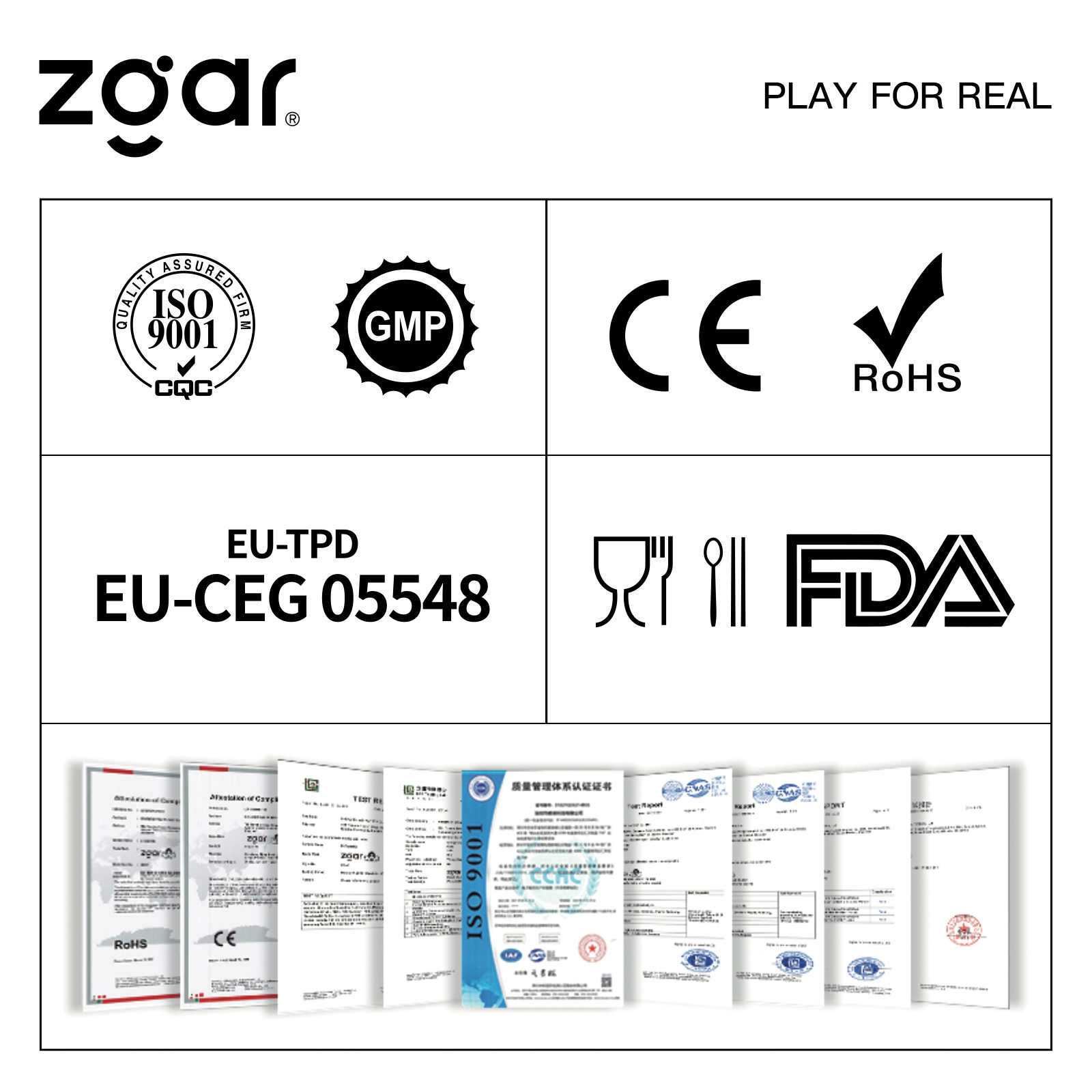The technology circle has a segment derived from the real estate industry: the concept of first-class selling companies, the second-tier enterprises selling services, the third-tier enterprises selling products, and the super-enterprise selling buildings. I am afraid that there is a need to add a "losing company to sell the factory" behind this paragraph. Since the real estate market is extremely hot, selling a building seems to be a good way to get a lot of money quickly, but if it falls on the mobile phone manufacturers, it seems to be a symbol of decline. Recently, the old mobile phone manufacturer HTC sold its land and factory buildings in Shanghai for 630 million yuan, and said that the funds raised by the sale will be invested in the VR industry. It seems that HTC is a heart-warming VR. It is. The worry is that the entire VR industry is not mature enough, and it is still in the early stage of requiring a lot of investment. HTC chose to gamble VR in the battle of the mobile phone industry, but HTC can persist until the entire VR industry matures and successfully achieve profitability? As the leader of the mobile phone industry, HTC's current situation is embarrassing. Product line positioning confusion, price strategy missteps, the US market fell, the mainland China market did not pay enough attention, and the lack of channel construction, brand marketing is not grounded, and other factors, eventually led to the decline of HTC mobile phone business, thus missing the rapid development of the mobile phone market The vent of the wind, the development of HTC wants to have a salty fish in the current mobile phone market is unlikely to turn over. The direct result of the sluggish mobile phone business is that the situation of the entire HTC is getting more and more difficult. According to the fourth quarter 2016 earnings report released by HTC, HTC has suffered losses for the seventh consecutive quarter. From the data point of view, in the fourth quarter of last year, HTC revenue was NT$22.2 billion, down 13.62% year-on-year, net loss was NT$3.1 billion, and net loss for the same period in 2015 was NT$3.4 billion. Throughout 2016, HTC revenue was 78.16 billion. Taiwan dollar, down 35.77% year-on-year, net loss of 10.5 billion Taiwan dollars, down 32% year-on-year. It is worth emphasizing that the main reason for the decrease in net loss is not the improvement of operations, but the benefits of non-operating income, such as exchange rate changes. HTC's performance on VR is still remarkable, second only to Sony and Oculus in the third place in the industry. But there is a problem that can never be ignored, that is, profit. According to HTC data, HTC Vive sold approximately 460,000 units in 2016. The overall revenue of VR business represented by HTC Vive was US$336 million, accounting for 13.2% of total revenue. On the contrary, the sales volume of HTC's main business mobile phone was 12 million units, and the sales volume was about 2.204 billion US dollars. The mobile phone business accounted for 86.8% of the total revenue. In other words, even if the HTC mobile phone business is languishing again and again, it is still much more than VR, at least the revenue looks more weighty. But a closer look at the data reveals that the single sales revenue of VR hardware is much higher than the revenue of a single product of a mobile phone. From this point of view, it seems that the VR business makes money faster, so HTC's strategy of "losing the phone, keeping VR" becomes reasonable. However, the market performance and user popularity of the VR industry indicate that the current VR market is very small, and HTC is far from achieving the degree that the entire enterprise can turn a profit by relying on VR business. In the current year of losses, HTC is now relying on selling factories to solve the urgent need, whether it will sell the entire mobile phone business to support the development of VR is not known. In the investment circle, there seems to be a new theme every year. In 2014, it was O2O, 2015 was the sharing economy, and 2016 was VR. In 2016, known as the Year of VR, there are countless startups that write VR topics into BP, and countless investors see VR projects as if they saw a delicious cake. According to the "Internet + Film and Television Industry Research Special Report", from the beginning of 2015 to the present, the number of enterprises in the VR industry has exploded from more than 200 to more than 1,600. In the first quarter of 2016, the total financing scale of the VR industry reached 816 million yuan. Nearly crazy growth has directly spurred the domestic VR market, but it is also because of the crazy investment of this capital that it is ripened and it means that there is still a lot of immaturity. After nearly two years of barbaric growth, the capital market has become more cautious. Many entrepreneurial teams that want to take off at the VR vent, in an attempt to get a large amount of financing with a simple PPT, often come back. The simplest criterion for judging whether an industry is booming is whether there are a large number of layoffs in companies in the industry. Last October, Storm VR, once known as the "Fairy Unit", cut half of its employees. Recently, the perfect fantasy of VR companies has also been exposed to court seizures, and the CEO has lost contact. As for when the VR industry will enter the maturity period, how long will it take for companies to achieve profitability? Market research firm IDC gave some opinions. According to the IDC report, the size of the AR helmet market last year was $209 million, and it is expected to reach $48.7 billion in 2021. The market size of VR helmets last year was $2.1 billion, and it is expected to reach $18.6 billion in 2021. In addition, IDC predicts that sales of AR/VR helmets will achieve a compound growth rate of 60% in the next five years. Obviously in the report, IDC is not very optimistic about the development of VR, at least not as good as the development potential of AR. Today's VR companies may become more practical and practical after the ups and downs of 2016. However, understanding the notes that the perfect fantasy will not be the last VR company to fall, with the industry shuffling, more and more enterprises will fall down, what really can be sustained is only the financial strength and solid technology accumulation. few. The development of any enterprise must go through the curve of initial, development, growth, and decline. The difference is that some companies can move the curve up after the decline, and some companies may sink. So for the enterprise, what is to be done is to make every effort to make the curve develop again before a curve fades to disappear. But what we are seeing now is that the speed of the decline of the HTC mobile phone seems to be a bit too fast, and the curve of VR has a certain distance from the growth. However, in the face of the still immature VR market, HTC resolutely chose to fight back. Now HTC has split the VR business independently. Splitting the VR business may be a good thing. It can be free from the weakness of the mobile phone business, and it will help investors to give more objective evaluation of the HTC VR business. The overall valuation may be Will improve. In addition, HTC has begun to build its own VR ecosystem, including Vive wireless trackers, wireless kits and steam content. Early layout can also allow HTC to have more chips in future market competition. However, the integration of the next VR products with mobile terminal devices will also become the mainstream development trend, so that whether or not to completely abandon the mobile phone business has become a problem. Since HTC has decided to bet on VR, the most important issue for HTC at this stage is to increase the market share of its own VR products. According to a report by the market research firm TrendForce in December 2016, in the high-end consumer-grade head-mounted VR market, Sony PS VR shipments were approximately 1.5 million units, and HTC Vive sales were approximately 460,000 units. Such sales are obviously not enough for the HTC of the entire line of VR business. At present, the lack of content brings a small audience and fast user loss, which is also a problem that HTC needs to face. For HTC, which is currently self-helping, it is a bit too early to talk back to the past. I hope that HTC can learn the lessons of the mobile phone business and let go of its own body, otherwise HTC is likely to become the next Nokia.
OEM & ODM Disposable Vape
WEIKA Technology has been specializing in the new technology R&D and design of the electronic atomizer products. It provides one-stop high-quality services with products R&D, packing design, mass production and brand marketing. It is a well-known OEM processing base at domestic and abroad and a dream workshop for famous brands!
WEIKA was established on the customer's pursuit of quality, the unique choice of packaging design and the guarantee of product delivery.
WEIKA starts from the strict control of raw materials and insists on the selection of food grade raw materials. All products of WEIKA have passed the Safety food certification of China, the European Union and the Food safety FDA of the United States.
In the production of products, WEIKA introduces the automatic production equipments, from production to packaging, the whole system of tracking, efficient and orderly process, achieving daily efficient output. WEIKA pays attention to the details of each process control. The first class dust-free production workshop has passed the GMP food and drug production standard certification, ensuring quality and safety.
We choose the products with a traceability system, which can not only effectively track and trace all kinds of data, but also ensure good product quality.
WEIKA team creates the best quality with extreme ingenuity.
We supply OEM rechargeable disposable vape pen,OEM disposable electronic cigarette,ODM disposable vape pen,ODM disposable electronic cigarette,OEM/ODM vape pen e-cigarette,OEM/ODM atomizer device.
OEM disposable vape pen,OEM disposable electronic cigarette,ODM disposable vape pen,ODM disposable electronic cigarette,OEM/ODM vape pen e-cigarette Shenzhen WeiKa Technology Co.,Ltd. , https://www.zgarvapor.com

